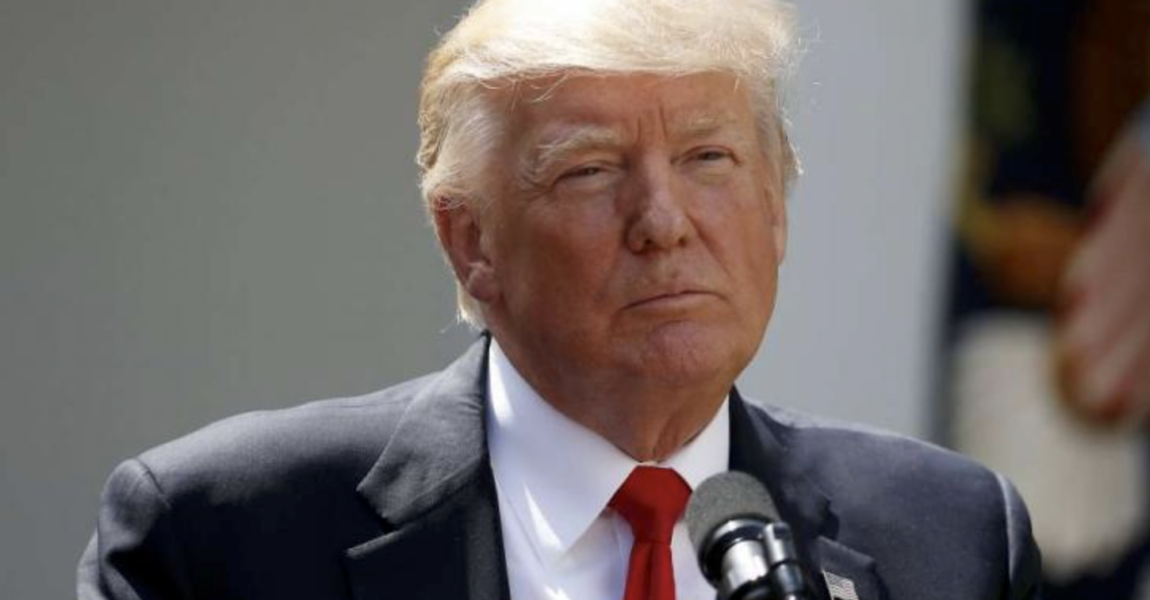
Due Process
The President of the United States recently questioned whether some people’s reputations and lives are being unfairly destroyed by public charges of misconduct, including allegations of domestic violence. He wondered withal Due Process?
The persons he was referring to may indeed be guilty of what they are alleged to have done, but what is this reference to Due Process all about?
In my profession we always started off any case of spousal abuse assuming the victim was being truthful, and insuring an environment was created for the safe reporting of the crime and the preservation and presentation of evidence. As the understanding of the dynamics of domestic violence increased over the years we even adopted a policy of removing the discretion of whether to proceed with the case from the victim. Doing so insured they could not be pressured either by the abuser or the abuser’s lawyer to drop the case.
But those measure aside, we were also mindful of our duty regarding the Due Process rights of the person being accused. Due Process isn’t just a legal nicety. It is a fundamental tenet of our system of laws. We might have railed against the exclusionary rule which could lead to the unreasonable suppression of probative evidence, but never Due Process. Due Process is foundational.
The Bill of Rights has two different amendments concerning Due Process. The Fifth Amendment protects persons from a deprivation of life, liberty or property without Due Process of Law. It applies to the Federal Government. The Fourteenth Amendment, passed after the civil war, provides the same protection from State governments and their political subdivisions.
Taken together, at every level of government, local, state or federal, when someone is deprived of life, liberty or property they are entitled to Due Process. And, yes, Jobs and reputation are recognized as property interests protected by the Due Process clause.
As the Supreme Court has interpreted and developed the jurisprudence surrounding the clauses they have concentrated on two different dimensions of Due Process.
The first is “Procedural Due Process” or what one can refer to as the “How. ”How” is life, liberty or property to be taken away? The second is “Substantive Do Process” which is concerned with the “What.” That is, “What” rights and interests and liberties are protected? In other words the deprivation must adhere to standards in “How” it takes place and the deprivation must be of something recognized as a fundamental liberty, “the What”.
The later deserves detailed treatment since it is ultimately the means by which other rights or “liberties” including implied rights such as Privacy, are protected. But the Reference the President made really was really about Procedural Due Process, that is the “How.”
Procedural Due Process is about “Fairness.” A person must be afforded adequate notice of what exactly he is being charged with, he must be given an opportunity to respond to allegations, the ultimate decision must be made by a neutral fact finder and there should be a right to appeal an erroneous decision. It’s the ultimate guard against anyone being rode roughshod to destitution or prison for that matter. And as regards our system of laws, indeed our Constitution, it is fundamental.
It is striking that a President referring to this deep seated American value is met with such rabid, virulent, vehement responses, both by certain members of the press and those who should know better. No doubt, he should have expressed concern for the victims but, in truth his question about Procedural Due Process, about punishment visited on an accused without a full and fair hearing, was apropos. It was wholly consistent with principles that form the foundation of our Democracy.
And contrary to some commentary, Principles like Due Process are not limited to the Courtroom. They apply in the workplace and everywhere else where life, liberty and property interests are involved. As described by the Supreme Court, these principles are “implicit in the concept of ordered liberty” and are “so rooted in the traditions and conscience of our people as to be ranked as fundamental.”